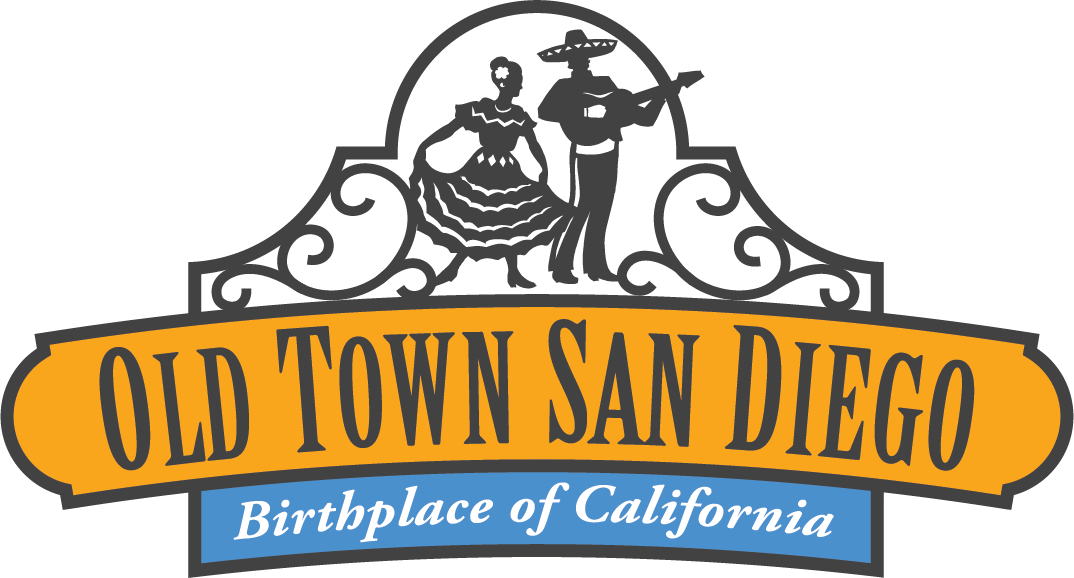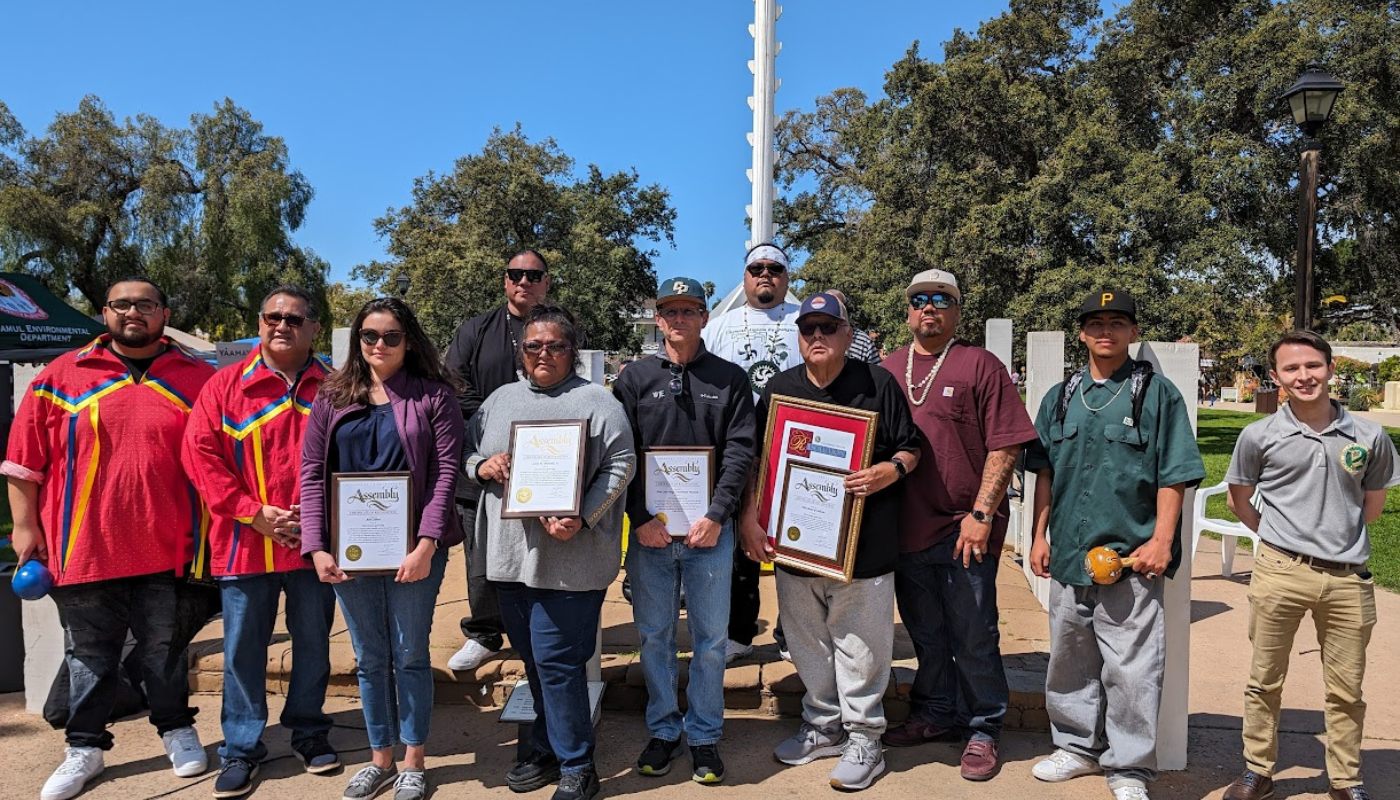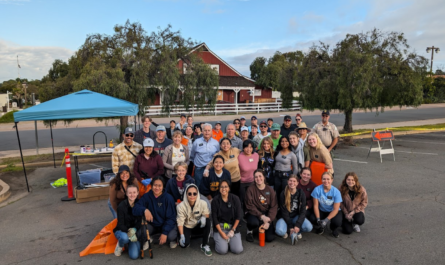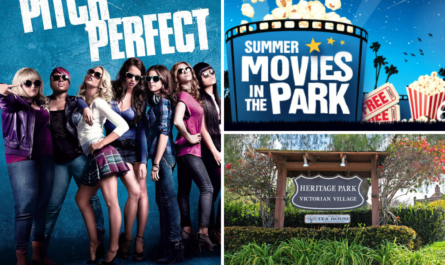Old Town San Diego witnessed an extraordinary gathering this year on Antonio Garra Day, deeply rooted in the spirit of remembrance, education, and celebration of Native American heritage. The event, dedicated to the memory of Leroy H. Miranda, Jr., Abel Silvas, and all Native American patriots who have fought for rights and recognition, offered a poignant reflection on the past and a hopeful gaze towards the future.
The day was punctuated by impactful speeches from notable individuals, each contributing their unique perspectives to the rich tapestry of the event. State Assemblymember James Ramos, distinguished as the first California Native member of the state legislature, addressed the crowd with a message of resilience and the importance of continuing the fight for justice and sovereignty. His presence underscored the strides made toward representation and the challenges that lie ahead for Native American communities.
Retired Judge Howatt, who has dedicated significant research into the Antonio Garra Trial and the establishment of Antonio Garra Day, provided attendees with a historical context that enriched the understanding of Garra’s legacy. His exploration into the past judicial missteps and the recognition of Antonio Garra Day as a corrective measure highlighted the journey towards acknowledging historical injustices and striving for reconciliation.
Perhaps most moving was the speech given by Marlene’ Dusek, a 7th generation descendant of Antonio Garra himself. Dusek’s connection to Garra brought a deeply personal element to the day, bridging past and present through her family’s story. Her words were a powerful reminder of the legacy that continues through generations, inspiring attendees with a message of resilience and hope.
Adding to the emotional depth of the event were the mesmerizing performances of Bird Songs by the Cahuilla Singers, Pal A’tingve Singers, and other groups. These traditional melodies resonated with the attendees, serving as a beautiful expression of cultural preservation and the enduring spirit of the Native American communities.
The event’s significance was further solidified by the recognitions it received from the California Legislature, highlighting the importance of Antonio Garra Day not only as a day of remembrance but also as an affirmation of the ongoing efforts to honor Native American history, culture, and rights.
As we reflect on the profound moments and messages shared during Antonio Garra Day 2024, we extend our deepest gratitude to all the participants who made this day not only possible but also immensely impactful. Each speech delivered, each song sung, and each story shared added layers of depth and understanding to our collective experience. The dedication of the Cahuilla Singers, Pal A’tingve Singers, and other performing groups provided a soul-stirring soundtrack to the day, weaving together the threads of history, culture, and community in a tapestry of enduring beauty and strength.
We also express our sincere appreciation to the event sponsors and partners, whose support was instrumental in bringing this significant day to fruition. Their commitment to honoring the legacy of Antonio Garra, and by extension the broader narrative of Native American heritage and rights, underscores the importance of collaborative efforts in preserving and promoting cultural understanding and respect. Their contributions, both tangible and intangible, helped create a space where learning, celebration, and reflection could occur in unison, fostering a sense of community and shared purpose among all who gathered.
This year’s Antonio Garra Day served as a powerful reminder of the strength found in unity, the importance of cultural heritage, and the enduring impact of individuals like Antonio Garra. It was a day where history was honored, voices were heard, and the community came together to celebrate the indomitable spirit of Native American patriots. Through speeches, songs, and shared experiences, the event left a lasting impression on all who attended, reinforcing the commitment to remember, educate, and advocate for the rights and recognition of Native American communities.




